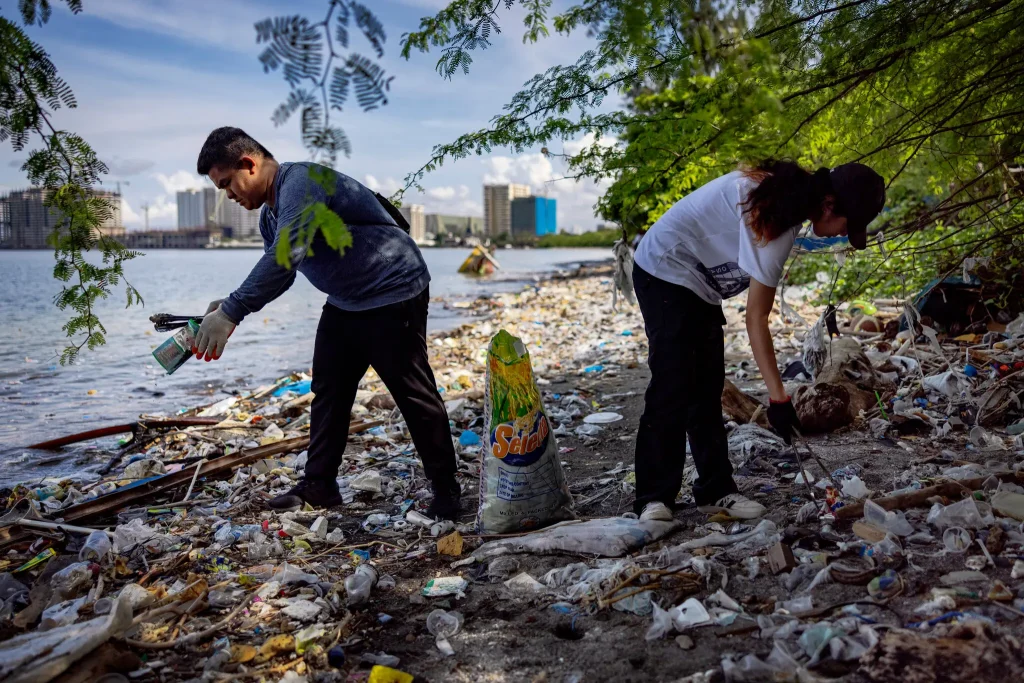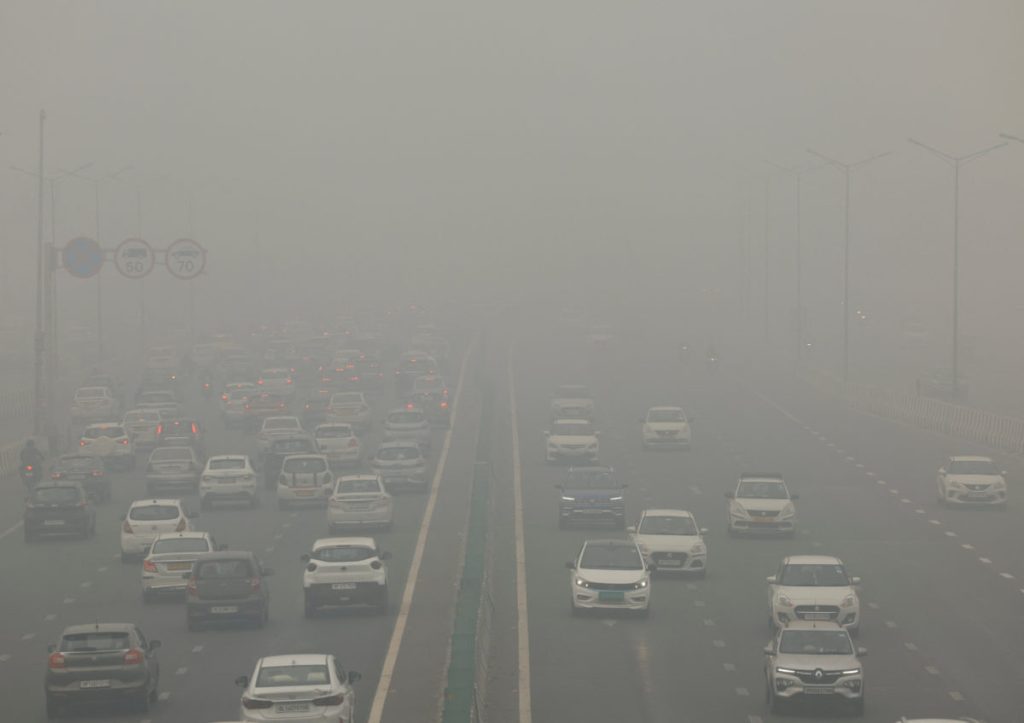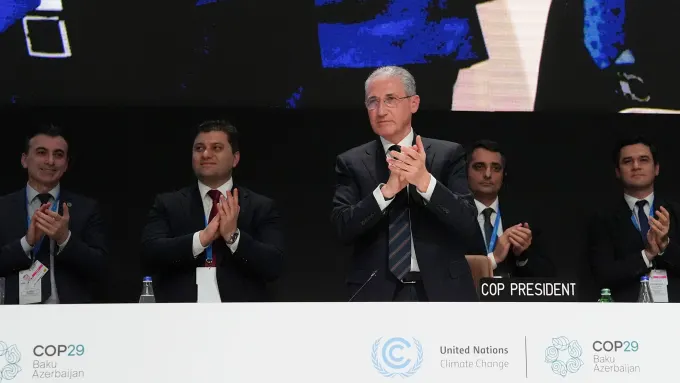UN Plastic Talk Ended Without An Agreement

The recent United Nations plastic talks in Busan, South Korea, have ended without an agreement, marking a significant setback in the global effort to curb plastic pollution. The fifth UN Intergovernmental Negotiating Committee (INC-5) meeting was intended to yield a legally binding global treaty, but countries remained far apart on the basic scope of the treaty.
The main point of contention was capping plastic production, with more than 100 nations supporting a reduction target, while a handful of oil-producing countries, including Saudi Arabia, opposed any limits on production. These nations argued that they were not within the scope of the treaty.
The failure to reach an agreement is a significant blow to global efforts to address plastic pollution. Plastic production is projected to triple by 2050, and microplastics have already been found in the air, fresh produce, and even human breast milk. The World Health Organization has expressed concern about the impact of microplastics on human health.
Despite the setback, negotiators have expressed urgency to get back into talks. The stakes are high, and the consequences of inaction will be severe. As Panama’s delegation head, Juan Carlos Monterrey Gomez, noted, “Every day of delay is a day against humanity. Postponing negotiations does not postpone the crisis.”
The United Nations Environment Programme has reported that chemicals found in plastics include over 3,200 substances of concern, which are particularly hazardous to women and children. The program’s executive director, Inger Andersen, emphasized that “it is clear that there is still persisting divergence” among countries on the issue.
The postponement of the talks comes just days after the conclusion of the COP29 summit in Baku, Azerbaijan, where countries set a new global target for mobilizing $300 billion annually in climate finance. However, this deal was deemed insufficient by many developing countries.
The failure to reach an agreement on plastic pollution highlights the complexity of addressing environmental issues on a global scale. It also underscores the need for further deliberations to achieve an effective, inclusive, and workable treaty. As Chris Jahn, council secretary of the International Council of Chemical Associations, noted, “This outcome underscores the complexity of addressing plastic pollution on a global scale and the need for further deliberations to achieve an effective, inclusive and workable treaty.”
The next round of talks, dubbed INC 5.2, will resume at a later date, with the stakes higher than ever. As the world grapples with the challenges of plastic pollution, it is clear that urgent action is needed to address this critical issue.






